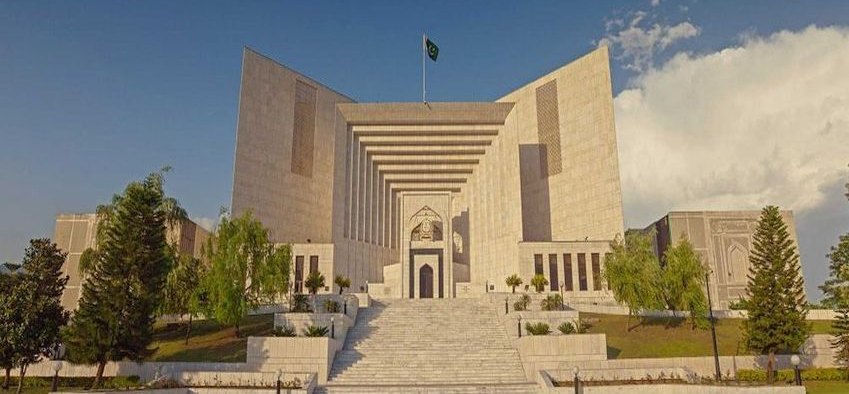The Corrections were made by the Supreme Court of Pakistan in its Previous Judgment to ensure Alignment with both Constitutional and Islamic Principles without altering the Legal Conclusions of the Case
Islamabad, 24-08-2024: In a significant move, the Supreme Court of Pakistan has corrected its judgment issued on July 24, 2024, in response to a Criminal Review Petition filed by the Federation of Pakistan and the Prosecutor-General, Punjab. The corrections were made after comprehensive input from several esteemed religious scholars, reflecting the Court's dedication to aligning its decisions with both constitutional and Islamic principles.
The case involved Criminal Miscellaneous Application No. 1113 of 2024, where the Federation sought amendments to specific paragraphs in the judgment. The Court had previously issued a notice to various religious scholars, including Mufti Muhammad Taqi Usmani and Maulana Fazl-ur-Rehman, to provide their insights on the disputed sections of the judgment.
During the proceedings, the scholars expressed concerns that certain paragraphs of the original judgment did not adhere to Islamic teachings or the constitutional framework. The Court, after hearing detailed arguments and considering the scholars' input, decided to strike out the identified paragraphs from the judgment.
Mr. Chief Justice Qazi Faez Isa, who presided over the case, emphasized that these corrections should not impact the overall legal conclusions of the case or the trial Court’s proceedings. The Court assured that the decision was made to maintain the integrity of the legal system and to ensure that the judgment did not set a misleading precedent. The detailed reasons for the corrections will be provided in a forthcoming detailed judgment, the Court noted.
This correction underscores the Supreme Court's commitment to judicial accuracy and its openness to integrating religious and constitutional considerations in its decisions. The case continues to highlight the dynamic interplay between Pakistan’s legal and religious frameworks in shaping judicial outcomes.
Powered by Froala Editor








